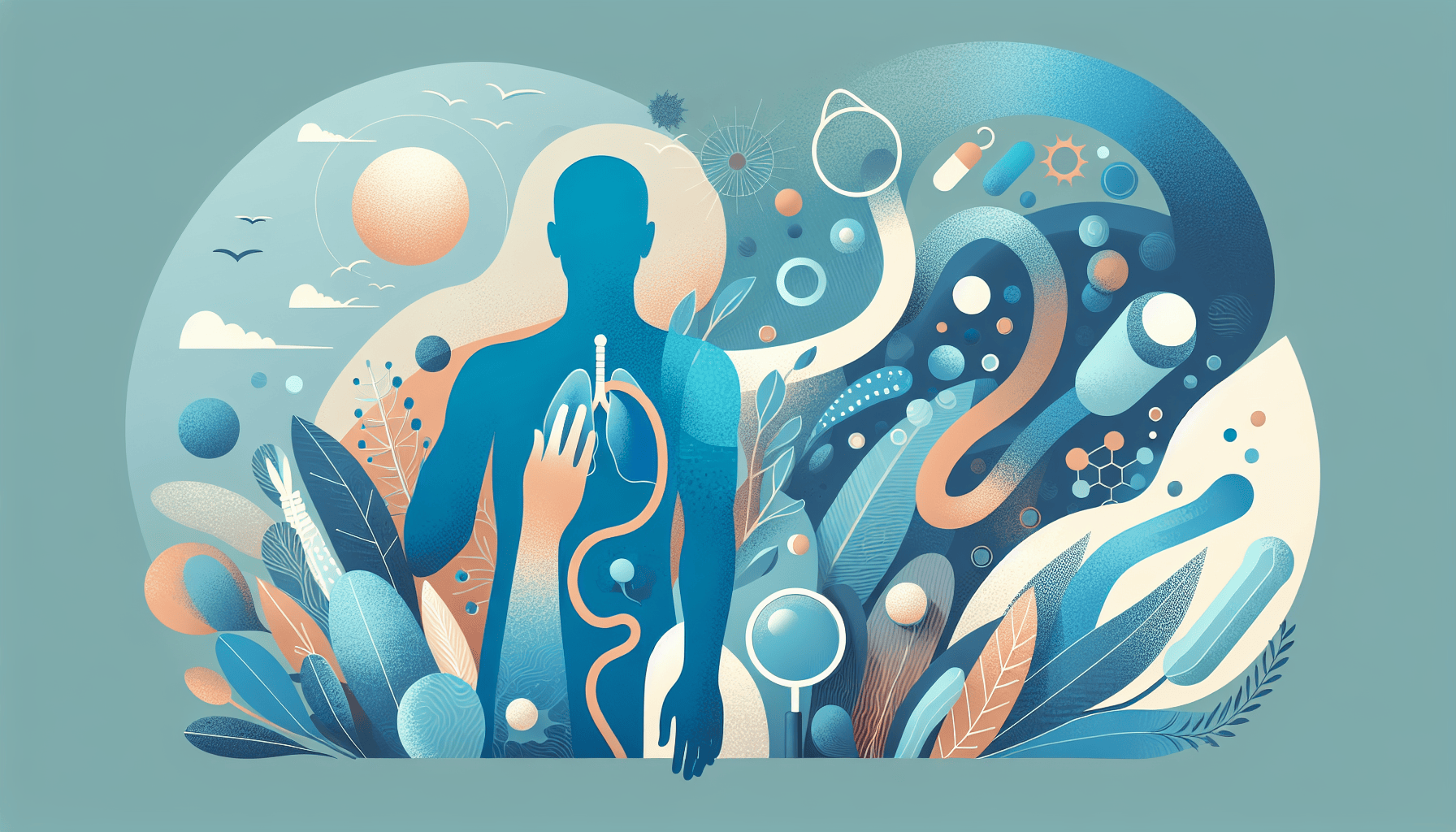Edema is the medical term for swelling caused by the accumulation of fluid in the body's tissues. It can affect various parts of the body, such as the legs, feet, ankles, arms, lungs, brain, and eyes. Edema can be caused by a variety of factors, including injuries, inflammation, medications, pregnancy, and underlying medical conditions.
Types of Edema
There are several types of edema, each affecting different parts of the body:
Peripheral edema: Swelling in the legs, feet, ankles, and arms, often related to problems with the circulatory system, lymph nodes, or kidneys.
Pedal edema: Swelling in the feet and lower legs, more common in older adults and pregnant women.
Lymphedema: Swelling in the arms and legs caused by damage to the lymph nodes, often as a result of cancer treatments like surgery and radiation.
Pulmonary edema: Fluid accumulation in the lungs' air sacs, making it difficult to breathe, especially when lying down.
Cerebral edema: A serious condition involving fluid buildup in the brain, which can occur due to head trauma, blocked or burst blood vessels, tumors, or allergic reactions.
Macular edema: Fluid buildup in the macula, the central part of the retina, caused by damaged blood vessels leaking fluid into the area.
Causes of Edema
Edema can be caused by various factors, including:
Injuries, such as a twisted ankle or bee sting
Infections
Low albumin levels (hypoalbuminemia)
Allergic reactions
Obstruction of fluid flow, such as from a blood clot or tumor
Critical illnesses, like burns or life-threatening infections
Congestive heart failure
Liver disease, such as cirrhosis
Kidney disease, particularly nephrotic syndrome
Pregnancy
Medications, such as NSAIDs, calcium channel blockers, corticosteroids, and certain diabetes medications
Symptoms of Edema
Edema symptoms vary depending on the location and severity of the swelling. Some common symptoms include:
Swelling in the affected area
Pain or discomfort
Stiffness and reduced mobility
Skin that appears stretched or shiny
Pitting (an indent that remains after pressing on the skin)
Shortness of breath (in case of pulmonary edema)
Cough (in case of pulmonary edema)
Treatment of Edema
Treatment for edema depends on the underlying cause. Some common treatment options include:
Treating the underlying condition (e.g., allergies, infections, or heart disease)
Medications, such as diuretics (water pills) like furosemide (Lasix)
Reducing sodium intake
Wearing compression stockings
Elevating the affected limb
Massage and physical therapy to improve circulation and reduce swelling
If you experience sudden or severe edema, especially if it is accompanied by difficulty breathing, seek immediate medical attention. Proper diagnosis and treatment can help manage edema and prevent complications.
For more information on edema, consult the following resources:
The Bottom Line
The underlying cause determines treatment approach—heart, kidney, or liver conditions require specific medications alongside fluid management strategies. Sudden onset swelling, especially with breathing difficulty, demands immediate medical attention as it may indicate pulmonary complications. If you're experiencing persistent swelling or concerning symptoms, Doctronic can help you get answers quickly.



